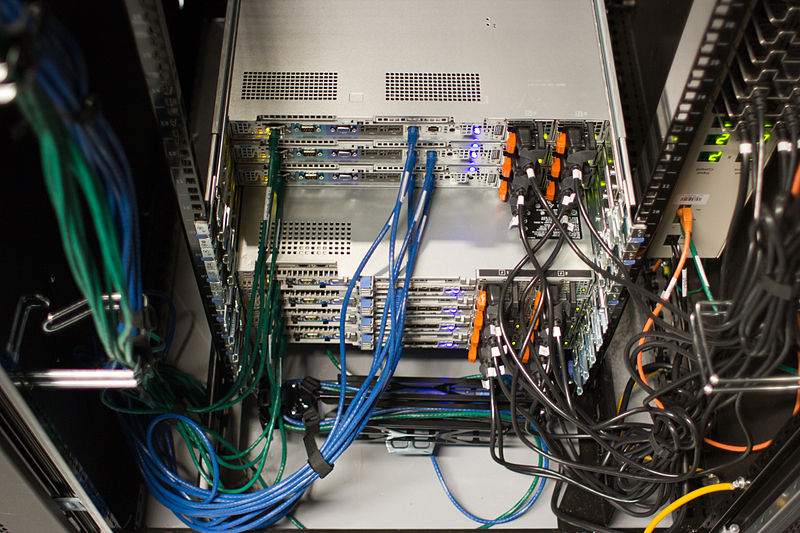The data you have requires storage and processing. In order to save time and space and make it available from anywhere and anytime, you must make a choice: local server or cloud? To help you with your decision, we have gathered some pros and cons of each of them. Enjoy.
Cloud Servers
Cloud servers are remote servers you can use for storage or computing power. People use cloud computing for emails, torrents, games, hosting, and a plethora of other things. The storage is impressive, and you can access all your information from anywhere in the world. Data is also relatively easy to retrieve in case of an error. Service providers offer frequent upgrades and additional options to their users. However, it does have its downsides.
First of all, there is the issue of security. Photos, documents, videos, and meta-data are relatively easy to breach. Furthermore, you are storing your data on a remote server through the honor system. You trust the company with the server you are planning on using with a lot of personal and important info, which can be risky.
Secondly, if you’re left without internet, for whatever reason, you are stuck without your data. This is especially tricky if you have deadlines and all of your info is stored online.

Local Servers
People tend to use local servers for their personal files, or a business network. Local servers are closed off and they have their own little network that exists independently from the internet, though they can get online. Gamers sometimes use the local servers to play games with their friends, instead of strangers. The advantage of the local servers is that your data is always there. You don’t need authentication to get a hold of it.
The downsides? Well, unless you’ve set up and automatic backup of your files and data in general, you are going to have a nasty surprise in an emergency. That being said, if the network is closed, or if you don’t visit any shady sites or open unwanted emails, your files are relatively safe from outside attacks.
Another problem is the hardware and its maintenance. While almost anyone can use the cloud servers with ease, local servers require someone tech-savvy. You are in charge of everything, and that includes keeping your equipment up to date.

Which to Choose?
This is your choice, but the fair answer is: it depends. If you have personal information that you don’t want to become available to the general public, local servers make more sense. However, if you need to process large quantities of data and the local machines just don’t have that kind of power, cloud servers are a way to go. The purpose of using the servers dictates which type of server you need, along with your personal preference.
Regardless of which type of server you choose for your business or pleasure, make sure your information is encrypted and back it up regularly. That way, even if there is an unexpected situation, you can react in time and salvage most of your data.
